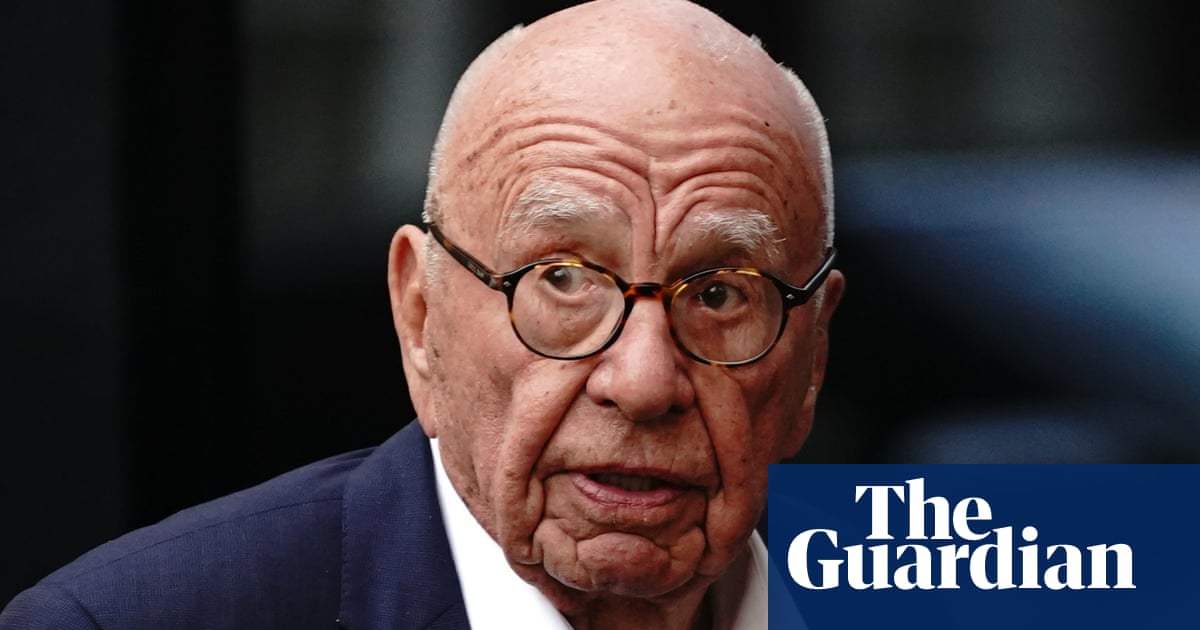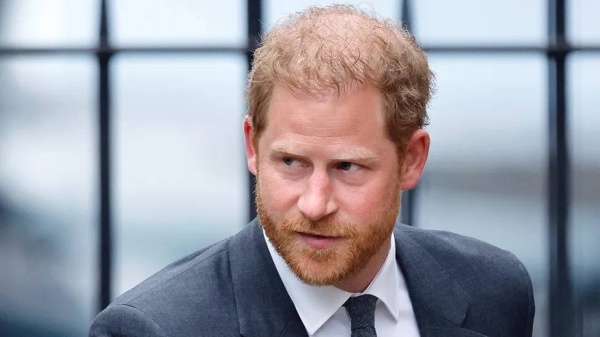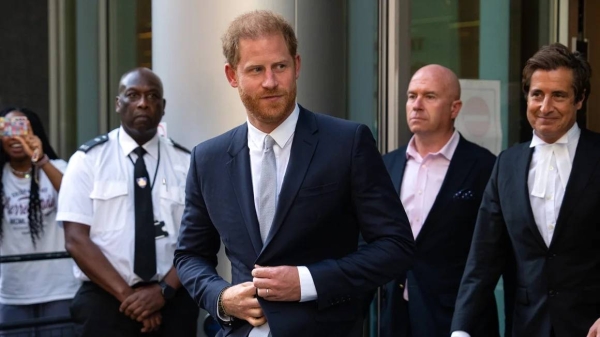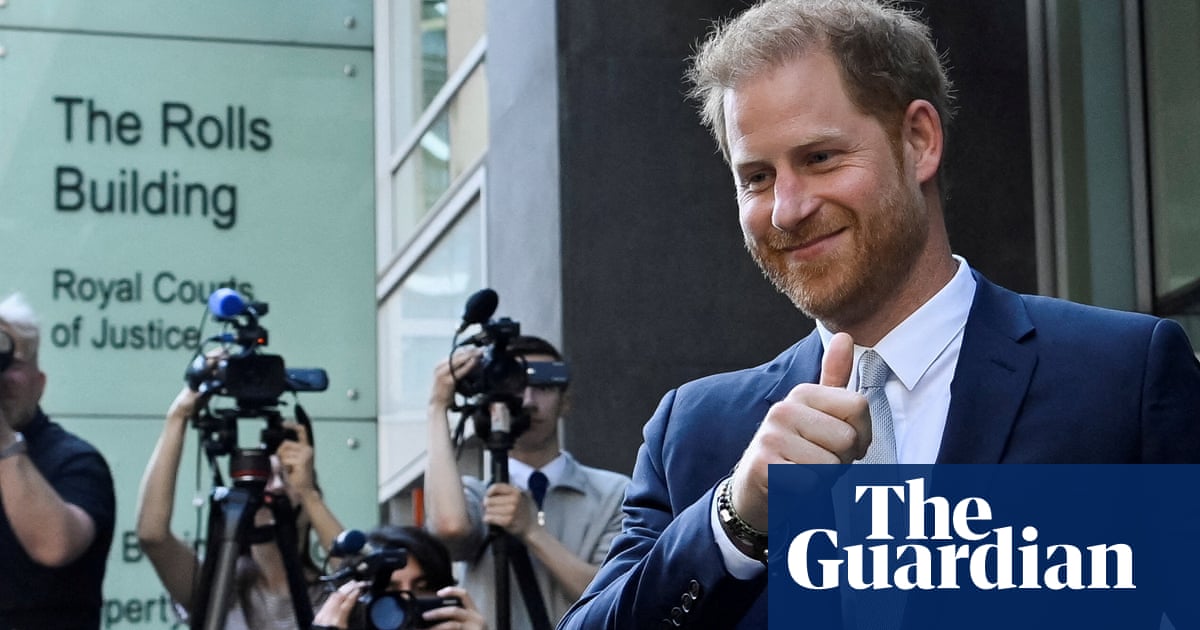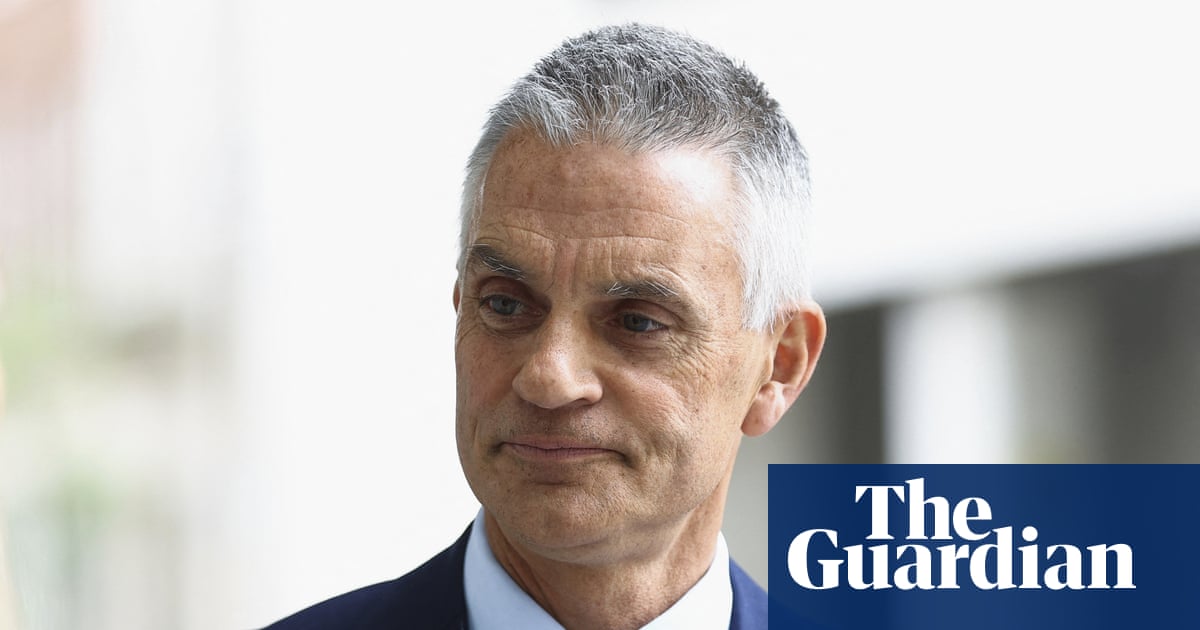
The former senior newspaper executive Will Lewis, on the shortlist to be the next director general of the BBC, has been accused of playing a part in the concealment and destruction of vast amounts of emails relating to phone hacking by the publisher of the Sun and News of the World, according to high court documents made public on Wednesday.
Lewis, who ended a six-year stint as the chief executive of the publisher of the Wall Street Journal this month, has been named in the case being lodged by about 50 alleged victims of phone hacking against the publisher News Group Newspapers. NGN is a subsidiary of News UK, which is run by Rebekah Brooks and ultimately controlled by Rupert Murdoch, through the parent company News Corporation.
The plaintiffs name Lewis in a 139-page document that was made public by Mr Justice Mann at a remote case management hearing of the case of phone hacking by claimants against NGN. The case is due to go to trial in October.
Lewis said: “The allegation that I was involved in any wrongdoing is completely untrue.”
Lewis, who worked at the Sunday Times in the early 2000s, rejoined the Murdoch family-owned newspapers in 2010. A year later he was seconded to run the controversial management and standards committee tasked with cleaning up after the phone-hacking scandal. The scandal came to a head over the Milly Dowler affair, resulting in the closure of the News of the World, then the UK’s biggest-selling Sunday newspaper, and the Leveson inquiry into the culture of the press.
In an interview with the Evening Standard in 2017, Lewis said: “If you want to win a popularity contest in life, don’t do these kind of jobs. The company faced an existential threat and it has a moral purpose to speak truth to power. We have a purpose to tell readers and the public about doing bad things but using legal methods. I did my bit to help with the legal process. I feel very sorry for the victims.”
Lewis, 51, became the Daily Telegraph’s youngest editor-in-chief in 2006.
Hamlins, the lead lawyers for the remaining 50 phone-hacking claimants, have added him to the overall pleaded case.
Lewis appears in a lengthy document, called the “re-amended particulars of concealment and destruction”, alongside 20 senior NGN employees alleged to have had knowledge of, or involvement in, phone hacking, made public in court on Wednesday. Other senior executives in the document include Brooks, James Murdoch and Andy Coulson, the former editor of the News of the World.
The claimants allege “Lewis was heavily and directly involved in the email deletion strategy”. And that he was “part of the senior management which organised or allowed extensive deletions of millions of emails to take place without preserving backups … even though he was aware of the need to preserve data for the civil claims … and the live police investigation”.
Allegations against Lewis have also been put into evidence in a witness statement by Callum Galbraith, a lawyer at Hamlins, on behalf of the phone-hacking victims.
The allegations of Lewis’s complicity in email deletion stand in contrast to the way his role in rooting out phone hacking was viewed by the journalists he was investigating at the time.
In January 2011, when Lewis found out about the imminent email deletions, he wrote to the company’s chief lawyer to ensure that they were preserved.
Information provided by Lewis to the Metropolitan police during the hacking inquiry, including thousands of emails from Sun journalists, prompted the arrest of dozens of News International journalists. This made him deeply unpopular with rank-and-file staff, who accused him of destroying people’s lives in a bid to wipe the slate clean for the Murdoch family.
In 2015, the Crown Prosecution Service announced the result of an investigation into NGN’s email deletion policy. “There are legitimate reasons for companies to have an email deletion policy,” it concluded. “In this case, there is no evidence to suggest that email deletion was undertaken in order to pervert the course of justice.”
Lawyers representing victims of phone hacking are also seeking a legal ruling to extend the time period of admissible claims to 1994-2011. It currently stands at 1998-2010. If Mr Justice Mann agrees, NGN will be open to numerous further potential legal actions from claimants.




